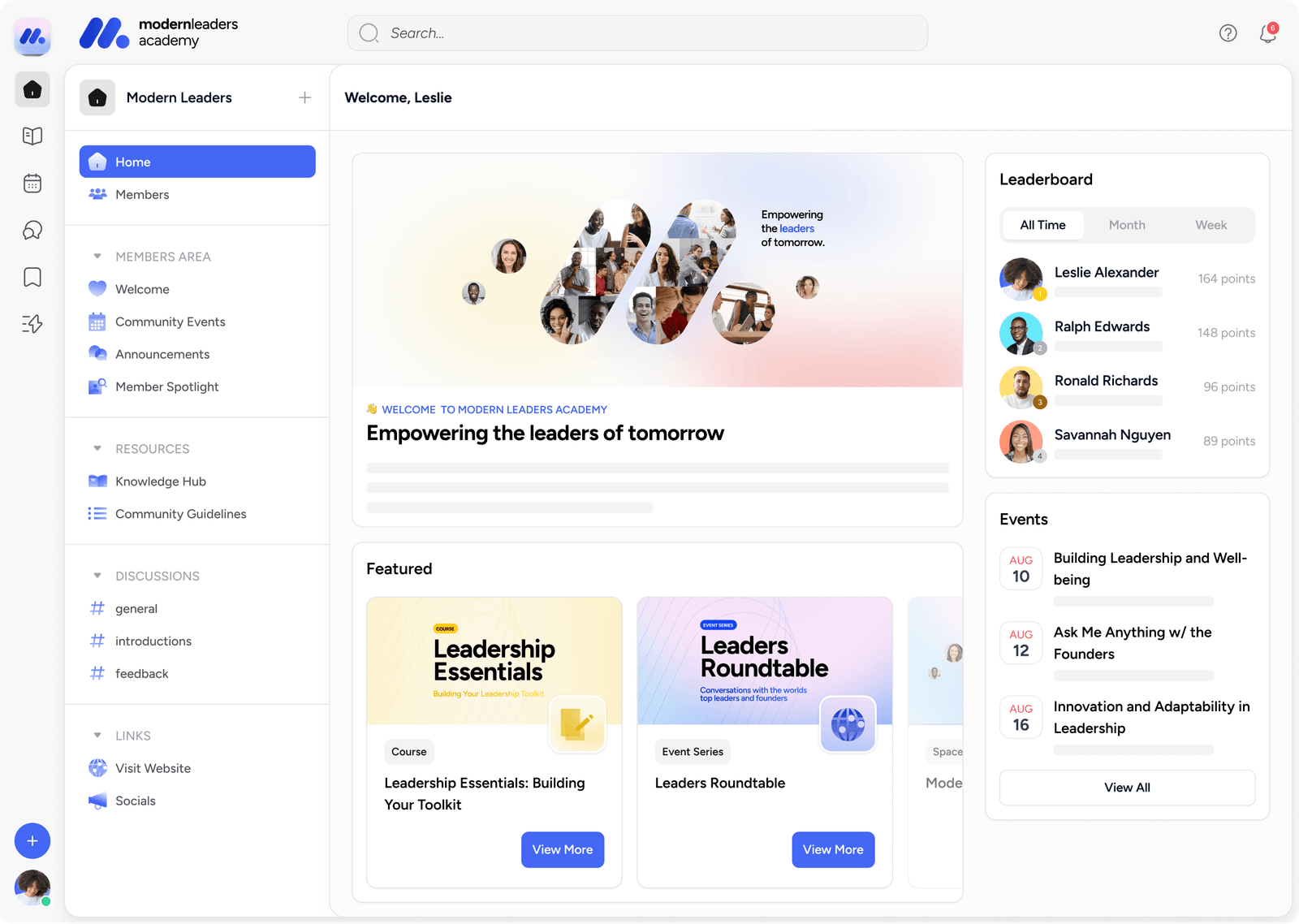Effective strategies for scaling online course platforms include starting with a pilot program, selecting the right learning management system (LMS), using multimedia and interactive content, personalizing learning paths with data and AI, implementing microlearning, and continuously tracking learner engagement and outcomes to refine the program. Additionally, leveraging cloud-based platforms ensures accessibility and scalability globally, while offering course customization helps build a strong brand and student engagement. Bundling courses and creating membership upsells can increase revenue without needing to find new students constantly. Finally, maintaining consistent course quality and layout, ensuring mobile-friendliness, and promoting community engagement are key to sustainable growth.
Key details include:
- Start Small and Pilot: Begin with a pilot program to test and refine content and technology before full-scale launch.
- Choose the Right LMS: Select a platform that supports scalability, mobile access, and customization to reflect your brand.
- Engage Learners: Use multimedia, interactive elements, real-world examples, and microlearning units (short, digestible content with quizzes) to boost engagement and retention.
- Personalize Learning: Utilize data analytics and AI to create personalized learning paths, provide timely feedback, and identify students needing support.
- Track Metrics: Monitor engagement, completion rates, assessment scores, and use predictive analytics to improve course effectiveness.
- Leverage Cloud Platforms: Cloud-based delivery allows seamless access worldwide, supporting large numbers of learners without technical issues.
- Monetization Strategies: Increase average order value through course bundles grouped by skill or topic, and implement membership upsells to maximize revenue.
- Maintain Consistency and Mobile-Friendliness: Ensure consistent layout and mobile-friendly content to provide a smooth learner experience across devices.
- Build Community: Foster a membership community to enhance feedback, impact, brand advocacy, and monetization opportunities.
These strategies collectively help scale online course platforms effectively while maintaining quality and learner satisfaction.





